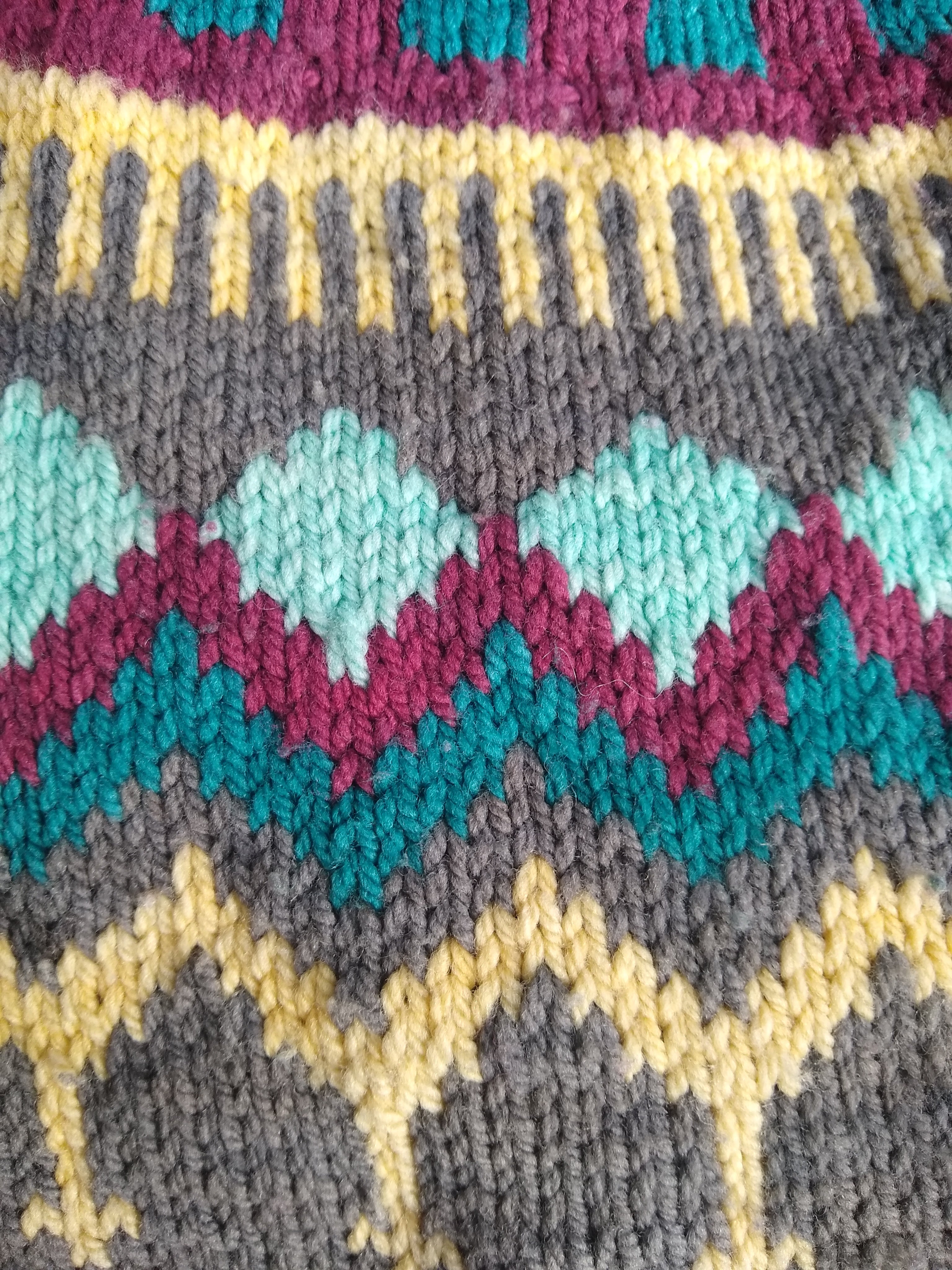- Wool resists wrinkles. Wool has a natural crimp that allows it to return to its natural shape after it's been stretched. It is a resilient fiber.
- Wool has balanced insulation. It is cool in the summer and warm in the winter. Wool fiber breathes in a different way than other natural and synthetic fibers.
- Wool is naturally absorbent. Wool fabric can absorb up to 30% of its weight without feeling heavy or damp. (Cotton fabrics begin to feel damp after 15%.) Wool also absorbs harmful pollutants from the air and does not re-emit them. It is estimated that wool used in interiors can help purify the air for 30 years.
- Wool is hypoallergenic. It is resistant to bacteria, mold, and mildew that can trigger allergic reactions. This natural resistance comes from the way it repels moisture and lets it pass through its fibers without trapping it.
- Wool is clean. Wool works hard to resist dirt and dust. It is easy to clean because dirt will sit on the surface of the fiber. This is especially true for non-superwash yarn that has not had the scales/cuticle removed.
- Wool is naturally anti-static. Static attracts lint, dirt, and dust. Your woolens will stay cleaner for longer.
- Wool is durable. Laboratory tests have shown that wool fibers resist tearing and can bend on themselves more than 20,000 times without breaking. (Cotton breaks after 3,200 bends, silk fibers break after 1,800, and rayon fibers after 75.) Wool will last.
- Wool is fire retardant. It doesn't melt like untreated synthetic fibers nor does it require a chemical treatment to be fire retardant.
- Wool is eco-friendly and 100% organic. Its a sustainable product that will naturally biodegrade.
Image: Detail of colorwork in Marshland sweater by Tin Can Knits. Yarn is 100% non-superwash Targhee.

